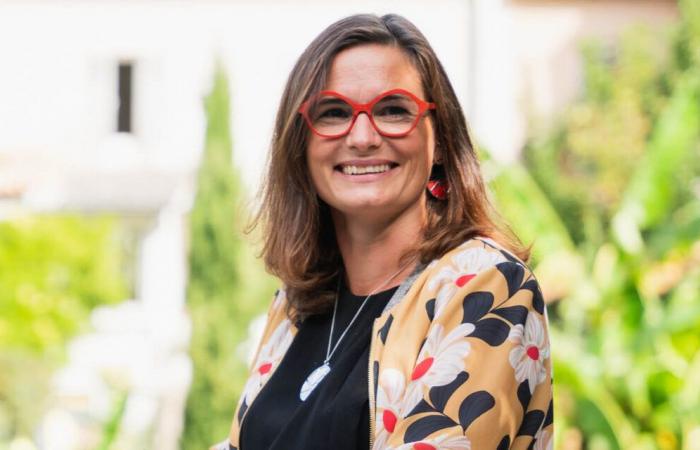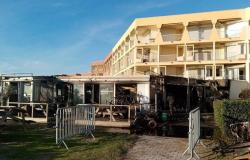The Look of the week is by Hélène Pasgrimaud.
This morning of November 5, upon learning of Trump’s re-election, I decided to sit down to write my column. Should we give in to pessimism in the face of the rise of extremism? Or choose to value the successes which, despite everything, exist and allow us to see the glass half full? I opt for the latter choice because it is up to us to contribute, valuing the successes as much as the difficulties.
Today, I would like to talk to you about a subject that particularly animates me: territorial cooperation. How can we reorient our municipalities towards a sustainable transition? The scale of our communities (cities, intercommunities, departments) is on a human scale and allows the implementation of actions within our reach. Thus, in this local framework, everyone can imagine a role to play in favor of a sustainable transition (citizens, community volunteers, elected officials, etc.).
For too long, the ecological emergency has been disconnected from social and territorial inequalities. Fortunately, the territories are regaining a central place: they have numerous levers to act on the ecological crisis, whether through choices of mobility, consumption, housing, the preservation of resources, agricultural practices and many others. others. Our territories are already affected by climate change (floods, droughts, etc.). I remain convinced that faced with these disruptions, the first step is to learn to cooperate despite our differences.
On the economic level, let’s develop cooperative structures such as PTCE, Scic, Scop, Sem. In terms of the general interest, let us strengthen territorial foundations to create spaces for authentic cooperation and reduce inequalities. Let us multiply cross-functional initiatives to learn to do things together despite sometimes divergent visions, there is necessarily something in common to imagine to “make territory”. “Territorial cooperation” is notably part of an ecological transition scenario proposed by Ademe. It becomes a mode of action in itself for the sustainable transition. The road is long, time is short, but without cooperation and cohesion, we open the road to extremism. Let’s not forget history…
CV express
Mental health mediator at the Henri-Laborit hospital center. Also consultant and speaker in prevention and quality promotion. Founder of the Humeur en bulk association, I am a fervent defender of the promotion of health democracy.
I like : frank speaking, openness, diversity, travel in the broad sense, cinema and painting.
I don’t like: jumping to conclusions, labels, floating islands and cycling.







